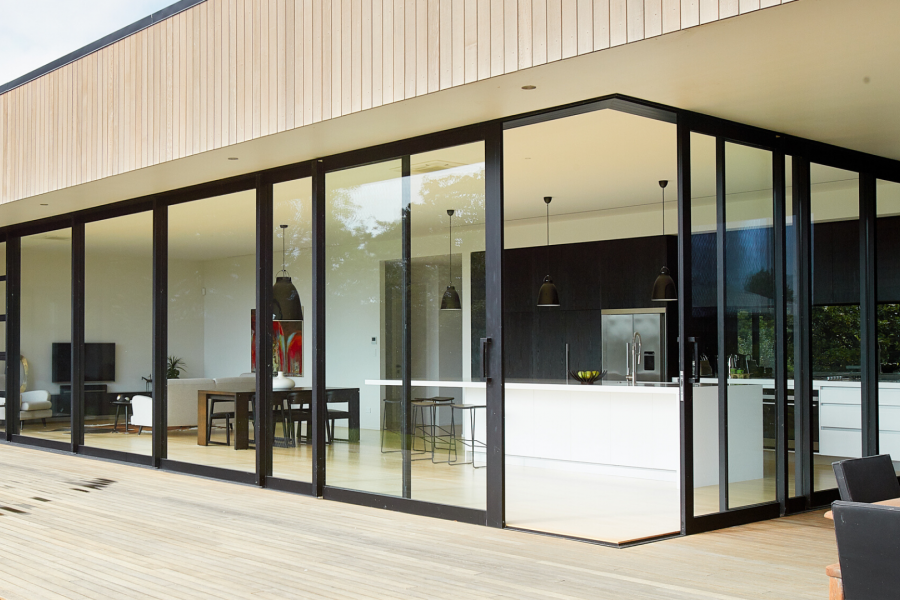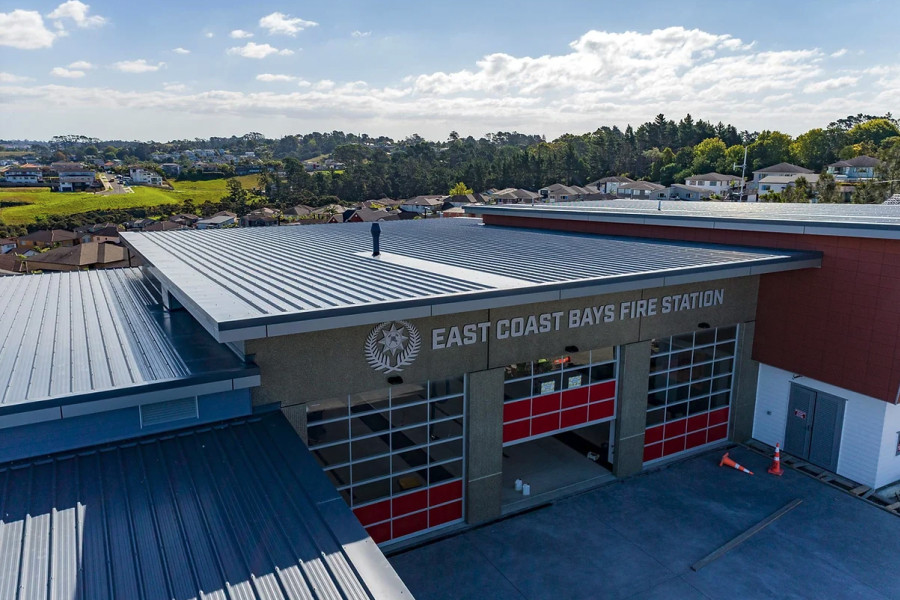More than 530 building industry professionals representing every region of New Zealand responded to the March survey.
Report Overview
98% of respondents report the situation will get worse before it gets better over the next year, however 90% remain positive the industry will recover within 2 years.
The recurring message in respondents' comments: Confidence is key.
Dr. Ganesh Nana of BERL Economics explains, "we need business, political and community leadership to ensure that New Zealand remains open for business. The recession is not as bad as what has been reported in some quarters, and we must be careful not to talk ourselves into making it a lot worse than it really is".
Derek Baxter, CEO of Certified Builders agrees, saying, "confidence is one of the only things standing in the way of recovery and growth."
"The reality is New Zealand has a housing shortage, low interest rates, positive net migration, and inexpensive materials because of the exchange rate, so it is actually the perfect time to be building in this country," says Baxter.
According to the survey, the outlook for Building Consent numbers is nowhere near as bleak as the 13,000 predicted by some industry commentators. Almost 90% of the industry say Building Consent numbers will be well above that number, although two thirds believe the final numbers will land on 17,000 or less.
Many agree that 20,000 annually is the magic number for a healthy, sustainable building industry, and only 6.5% believe we will hit that number in 2009. However Building Consent numbers do not tell the whole story, explains Baxter.
"The amount of work people have on their books is a better indicator of future building work than Building Consent data. According to the data, the outlook is positive," says Baxter.
"The eboss survey shows that 2/3 of the industry have at least 3 to 6 months of forward work. This gives us a read on what will happen six months down the track, whereas consent numbers alone tell us more about what happened six months ago."
The message to the government is to fast track the planned $500 million infrastructure package and ensure it is spread across small businesses, as this has a multiplier effect.
There are also calls for the government to streamline building consents (50%) on, reform the RMA (44.2%) and reduce the compliance costs associated with both (43.4%), which many report have been stifling growth for some time.
Fraser Gillies, ADNZ Board Chair explains, "if you took the global recession out of the picture and just looked at the New Zealand situation with our top-heavy bureaucracy, I am convinced that in itself is creating its own micro-recession in the building industry."
The message for the industry is to continue to invest in training, marketing and advertising, and meet the market where it is now, which is renovations, higher end homes and commercial work, according to industry experts.
Just one quarter of respondents (25.1%) report the work on their books is mainly non-residential. 44.6% are focused on mainly residential, while almost one third (30.3%) have an even mix of residential and non-residential.
"The sector of the market that is the most volatile is the new housing market at the group housing price-range, whereas higher end architectural homes are still happening," says Gillies.
Gillies believes the beginnings of a micro-boom may already be upon us, but cautions that the market should be broken into two halves when forecasting timing of recovery.
"Those with diversity and specialist, niche work are unlikely to see a worsening situation, whereas those with strong ties to group builders may need to wait until November or December to start seeing a positive trend again," says Gillies.
Last October, 70% of respondents to the eBoss survey predicted a downturn in the industry over the coming year. Since that time, two thirds report their day to day work has been impacted by the downturn, however almost a third (31.8%) report that the recession's bark has been worse than its bite.
"Overall, the survey reveals healthy levels of confidence across the industry that recovery is on its way and there are things businesses and the government can do to speed the turnaround," says eBoss general manager, Matthew Duder.
eboss will conduct its next survey in June 09.











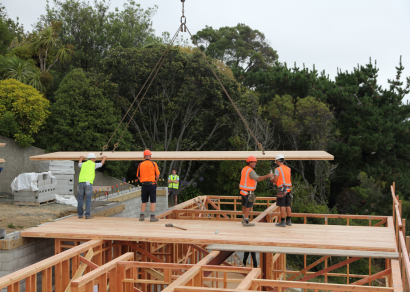

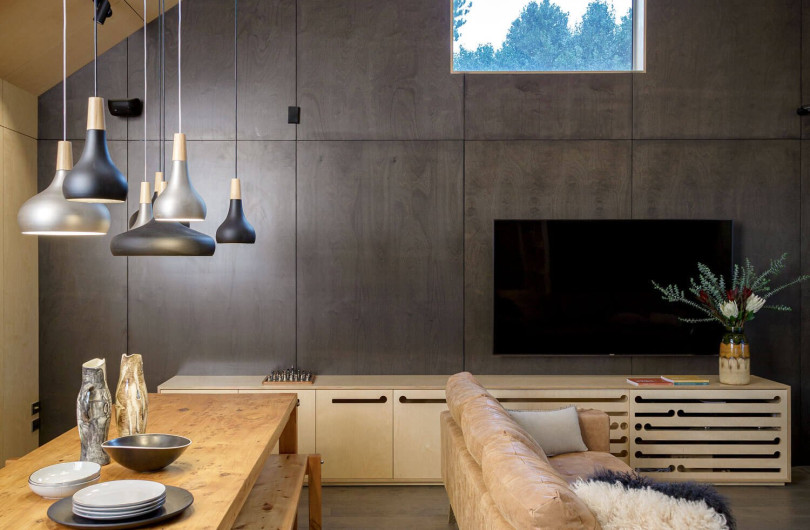
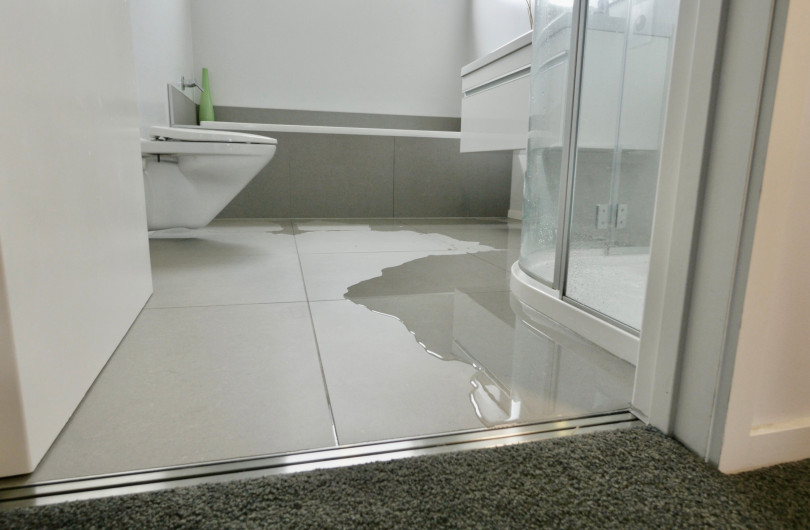


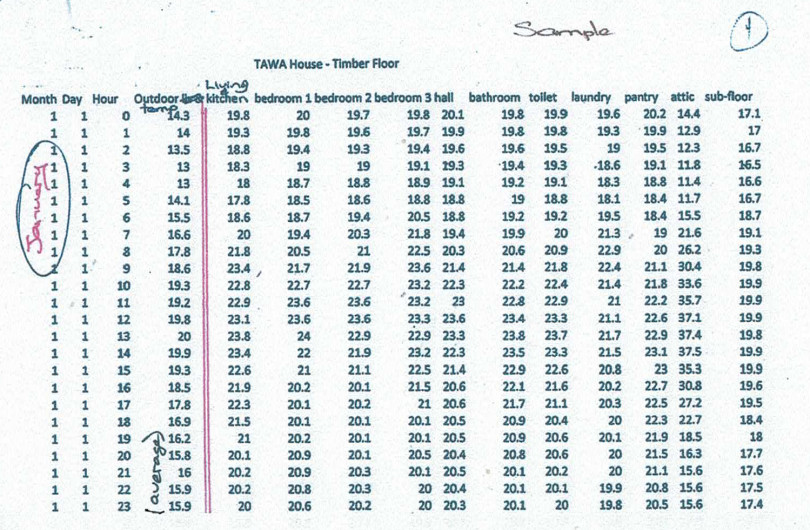









 Most Popular
Most Popular Popular Products
Popular Products